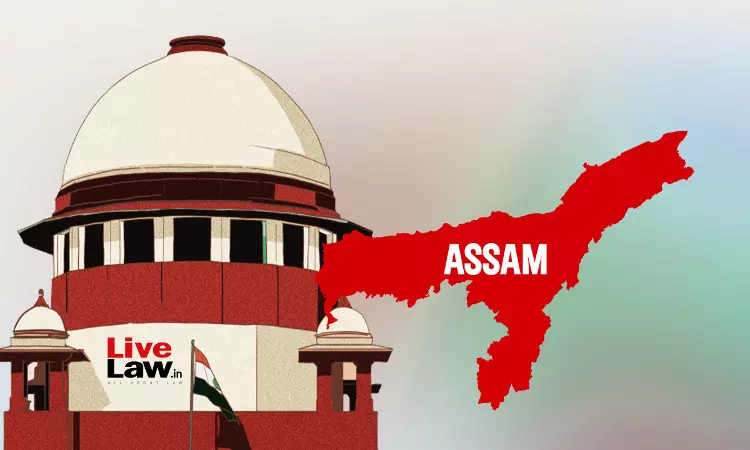PIL To Probe 'Fake' Encounters | 'Investigation Against Officers Would Demoralise Them', Says Assam Police; Supreme Court Reserves Judgment
Debby Jain
25 Feb 2025 4:49 PM IST

"Why will an investigation demoralize any honest officer who has done his job honestly?" The petitioner asked.
Next Story


